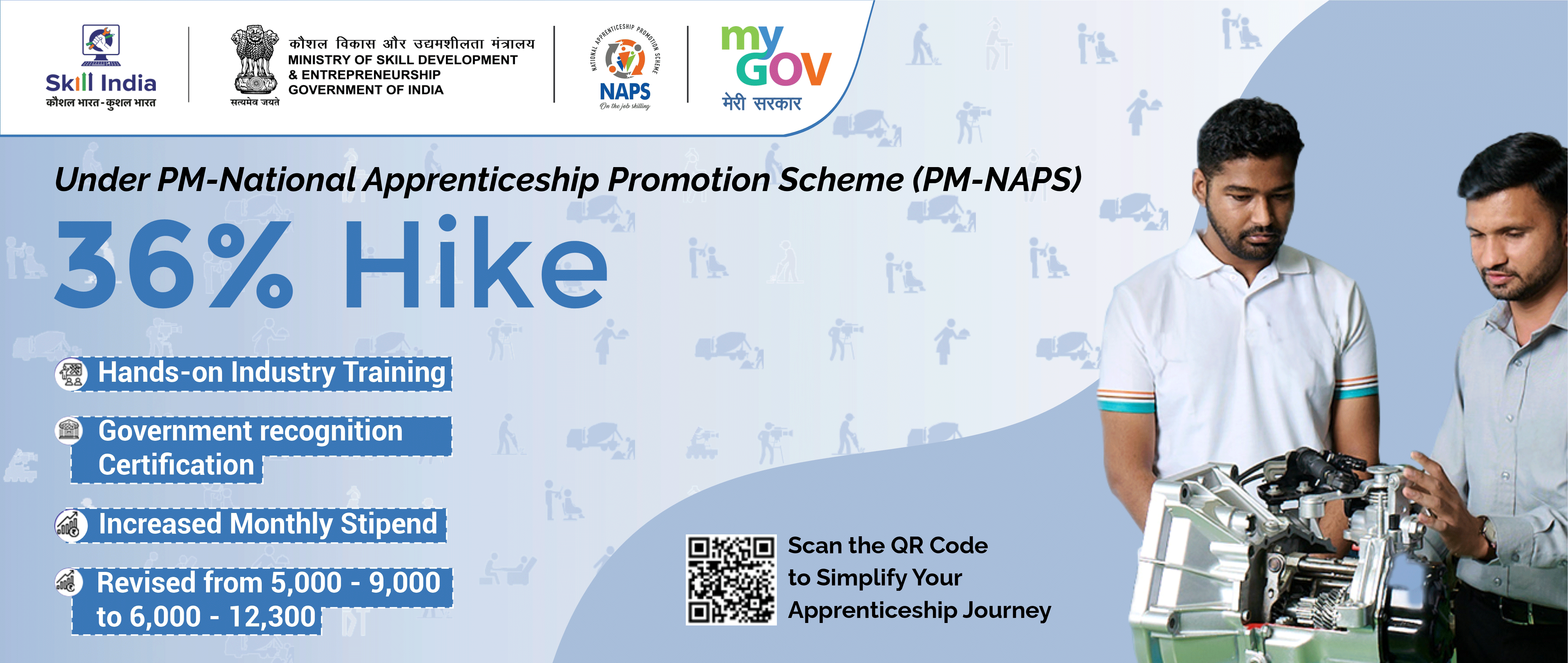TO RECIEVE EXCLUSIVE POSTS AND NEWS
Must Read
New RBI governor would be as harsh as RRR on NPA lobbies
By IndianMandarins- 22 Aug 2016
674![]() Urjit Patel's appointment as RBI governor has thrown cold water on NPA business lobbies who hoped for a more dovish and amenable replacement for Raghu Ram Rajan. Patel's past record gives an insight into the PM's mind who has been convinced that without breaking the grip of the NPA business lobbies, his dream of driving India into a sustainable path of economic growth wouldn't materialise.
As RBI deputy governor, Patel headed the committee that recommended the current flexible inflation targeting (FIT) monetary policy framework. So his support for flexible inflation targeting is a bygone conclusion. Further, he has been supportive of the Centre's proactive food supply management in controlling food inflation despite weak monsoons (in 2014 and 2015) and that the change in the government's expenditure policy towards alleviating supply-side constraints in infrastructure will create incremental disinflation.
Recently , he stated that, while the RBI would be watchful that ongoing stickiness in core CPI inflation does not "set a lower bound to the disinflation process", he believes that weak rural wage growth should create downward pressure on services sector inflation. "Given his preference for positive real interest rates and his fiscal conservatism, he is generally perceived as hawkish. However, it remains to be seen whether the RBI under his governorship would be as rigid about attaining the CPI inflation mid-point of 4 percent,' said analysts at Nomura.
Patel has not spoken much about the banking system but he has highlighted the need to examine the metrics for effective lending. In a speech made in January 2015, he had spoken about the need for banks to revisit the individual company/group credit exposure limits, as well as sector exposures as part of better risk management practices.
According to RBI insiders, he supports the liquidity framework introduced by the RBI in April 2015, under which the RBI has proposed to move from a structural deficit of around one per cent of NDTL to a position of broad neutrality over a period of 1-2 years.
In his report on flexible inflation targeting, he proposed that the RBI should eventually transition from the repo rate (overnight policy rate) to the 14-day term repo as the primary operating rate. Analysts say that Patel had opposed the expansion of government subsidies in both food and petroleum products under the previous UPA government. "He believes that the setting of minimum support prices, programs such as MGNREGS and the National Food Security Act can set off a wage-price spiral, increasing the burden on monetary policy to lower inflation," analysts at Nomura said.
In his report on flexible inflation targeting, he stated that the central government must reduce its fiscal deficit to three percent by FY17 (current target is 3.5 per cent) and commit to eliminating administered setting of prices (MSPs) and wages (MGNREGS) for successful inflation targeting.
The key difference, though, would be the communication style. Compared to the rock-star image of Raghuram Rajan, Patel has maintained a low pro
Urjit Patel's appointment as RBI governor has thrown cold water on NPA business lobbies who hoped for a more dovish and amenable replacement for Raghu Ram Rajan. Patel's past record gives an insight into the PM's mind who has been convinced that without breaking the grip of the NPA business lobbies, his dream of driving India into a sustainable path of economic growth wouldn't materialise.
As RBI deputy governor, Patel headed the committee that recommended the current flexible inflation targeting (FIT) monetary policy framework. So his support for flexible inflation targeting is a bygone conclusion. Further, he has been supportive of the Centre's proactive food supply management in controlling food inflation despite weak monsoons (in 2014 and 2015) and that the change in the government's expenditure policy towards alleviating supply-side constraints in infrastructure will create incremental disinflation.
Recently , he stated that, while the RBI would be watchful that ongoing stickiness in core CPI inflation does not "set a lower bound to the disinflation process", he believes that weak rural wage growth should create downward pressure on services sector inflation. "Given his preference for positive real interest rates and his fiscal conservatism, he is generally perceived as hawkish. However, it remains to be seen whether the RBI under his governorship would be as rigid about attaining the CPI inflation mid-point of 4 percent,' said analysts at Nomura.
Patel has not spoken much about the banking system but he has highlighted the need to examine the metrics for effective lending. In a speech made in January 2015, he had spoken about the need for banks to revisit the individual company/group credit exposure limits, as well as sector exposures as part of better risk management practices.
According to RBI insiders, he supports the liquidity framework introduced by the RBI in April 2015, under which the RBI has proposed to move from a structural deficit of around one per cent of NDTL to a position of broad neutrality over a period of 1-2 years.
In his report on flexible inflation targeting, he proposed that the RBI should eventually transition from the repo rate (overnight policy rate) to the 14-day term repo as the primary operating rate. Analysts say that Patel had opposed the expansion of government subsidies in both food and petroleum products under the previous UPA government. "He believes that the setting of minimum support prices, programs such as MGNREGS and the National Food Security Act can set off a wage-price spiral, increasing the burden on monetary policy to lower inflation," analysts at Nomura said.
In his report on flexible inflation targeting, he stated that the central government must reduce its fiscal deficit to three percent by FY17 (current target is 3.5 per cent) and commit to eliminating administered setting of prices (MSPs) and wages (MGNREGS) for successful inflation targeting.
The key difference, though, would be the communication style. Compared to the rock-star image of Raghuram Rajan, Patel has maintained a low pro





















